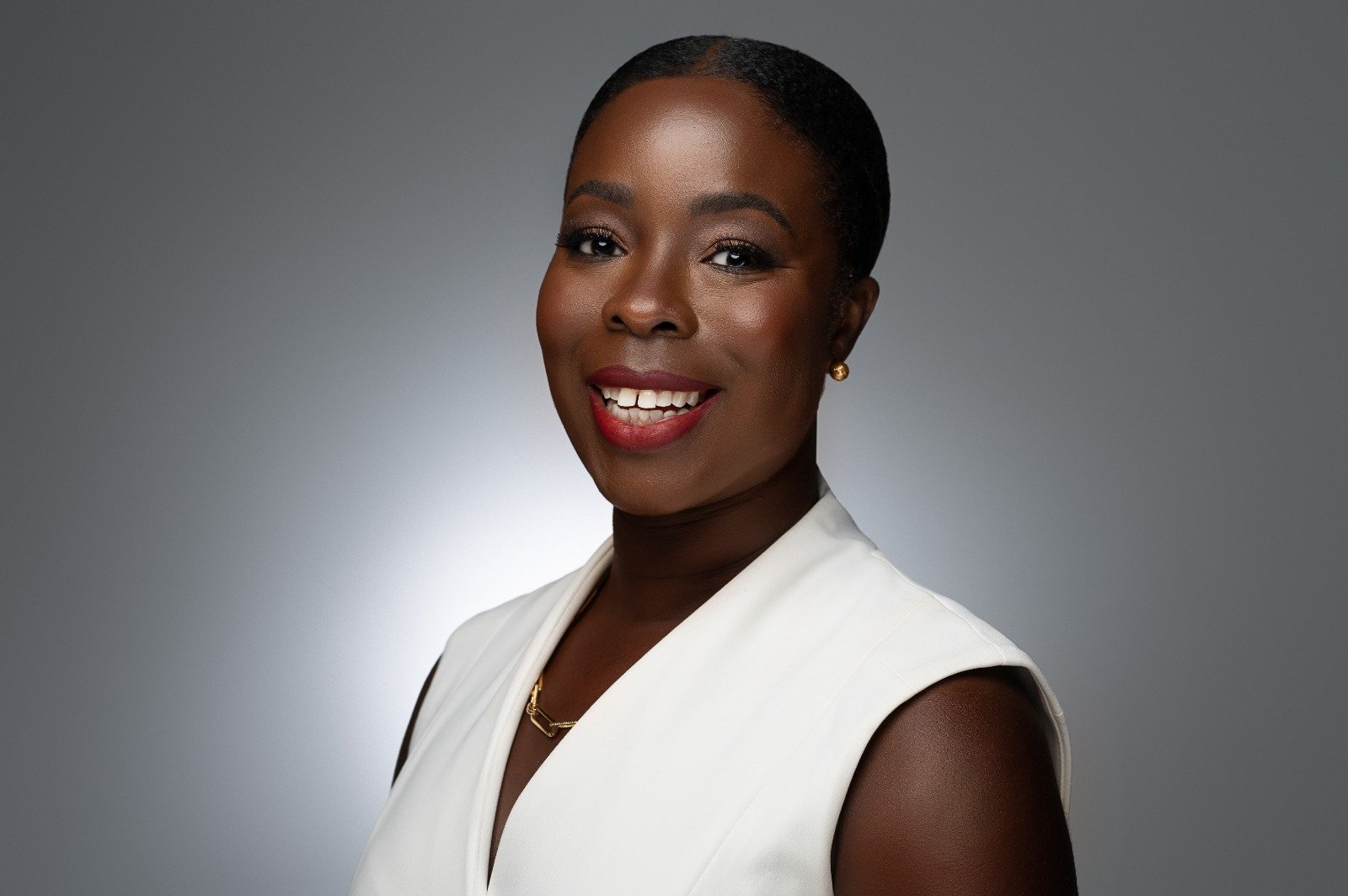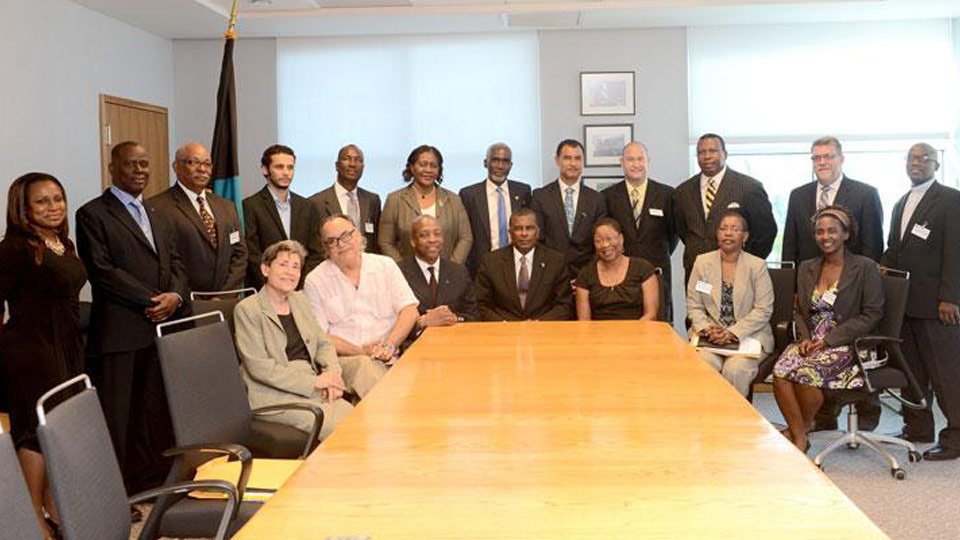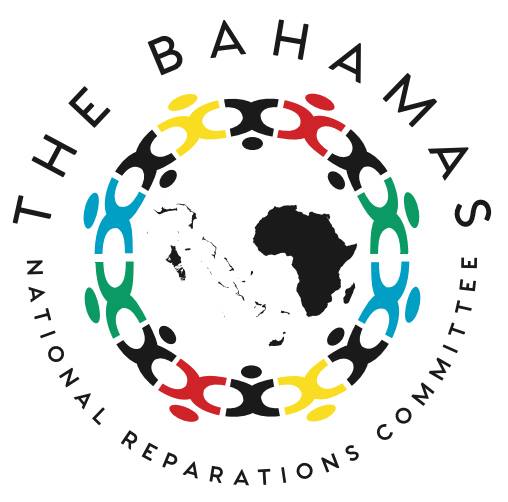Initial research report submitted in 2014
NASSAU, BAHAMAS — The Bahamas National Reparations Committee chair Dr Niambi Hall-Campbell Dean yesterday expressed hope in the renewed discourse surrounding reparations as the committee’s work has gone largely unfunded for nearly a decade.
The death of Queen Elizabeth II last week stirred calls for a shift to a republic, as well as reparative justice owed as a result of the British monarchy’s historically racist and genocidal regime.

In a statement expressing condolences to the Royal Family, Hall-Campbell Dean outlined the committee expected an opportunity to advance the discussions of reparations for the region as the role of the monarchy changes.
She explained in an interview with Eyewitness News yesterday that those condolences did not seek to absolve the late queen of the past atrocities committed by the throne.
“We recognize the crown as an institution, not as an individual,” Hall-Campbell Dean said.
“So her individual passing really doesn’t move our reparation movement forward or back. We recognize her humanity in terms of her roles as mother and wife and paid condolences to her family on her passing, but at the same time, we also recognize that she was the head of a racist, genocidal regime.
“It could be difficult to hold things in one place at the same time, but both are true and our statement tried to reflect that.”
The BNRC chair noted that more analysis regarding the queen’s connection to the crown and her role as an individual will follow after her burial, adding the committee also represented the government of The Bahamas.
Hall-Campbell Dean said she welcomed all discourse on the subject as a healthy conversation on the legacy of colonization, and the way forward, that was not exclusively tied to the reparations movement.
“I think it’s a healthy conversation to have,” she said.
“What is our relationship as a formerly colonized state to our colonizers? How much respect do they owe, and what does that respect look like? What is the difference between recognizing one’s humanity and giving space for those who may not have acknowledged your own? I think all of these are really deep fundamental questions that we should be having and asking.”

The Bahamas joined the CARICOM Reparations Commission in 2013, supporting the Commission’s 10-Point Reparations Plan.
The BNRC was fully appointed in early 2014, and a research report was presented in June 2014.
At the time, the committee was co-chaired by then-former education minister Alfred Sears, and former MP Philip Smith.
Its report was prepared by the research subcommittee: Dr. Christopher Curry, Dr. Niambi Hall-Campbell, Alicia Rahming, Wenchatia Rigby, Marissa Stubbs, Michelle Westbrook, Philip Blyden, and Dr. Indira Martin.
The 71-page report explored the economic; social, cultural, and psychological; religious and spiritual; demographic; medical; and legal impacts of slavery and colonization in The Bahamas, and proffered questions for further analysis towards defining the scope of reparations.
Yesterday, Hall Campbell Dean noted the document would have been housed in the Ministry of Foreign Affairs, and it was unclear whether its findings were released publicly.
“That work was done with no funding as the committee still seeks to receive funding from the government,” she continued.
“We function primarily off of the zest and the zeal of our members, and so we just wanted to acknowledge that hopefully, these new conversations around reparations will ignite the awareness that we are here, that we exist, that we are doing this work and that we are simply seeking the support from our government in order to continue to do it at the best of our abilities.”
Hall-Campbell Dean acknowledged there were projects undertaken in 2014 that did receive funding, adding two members were funded for a conference. However, she said proposals sent to expand the research were not met.
“In the administration following that, which would be the Minnis administration and now the Davis administration, we are still awaiting funding. It hasn’t been restored.”
Hall-Campbell Dean underscored she did not feel there was a lack of will to monetarily support the movement, noting commitments made over the years.
“We recognize there are things that may seem more important, with Dorian and the global pandemic and all of these things coming in the way,” she said.
“I think it’s just important that we recognize, not only funding these local committees, but recognizing that this committee is a part of the larger CARICOM Reparations Commission, and that The Bahamas is a member of CARICOM.
“So we have responsibilities not just locally but regionally to support these committees that we have agreed to be a part of.”
She further pointed out the issue of funding is inherently linked to the call for reparative justice.
“One of the reasons why it’s difficult to find funding is because of the underdevelopment that was left in this region from colonization. So when we support the reparations movement, we’re saying that we support opening up other avenues for funding within our national development. That we are looking with an imaginative lens in some respects but also new lenses to say this is how we can move forward, this is how we build as a nation recognizing all of the areas of development that we need, and just one area is not going to do it.”
Hall-Campbell Dean added: “Even if you’re saying climate, the funds that are being talked about in receiving carbon credits for example, and understanding the connection between slavery and colonization and climate change. I think that when we really look at the role that the reparations committee can play, it won’t seem as tangential as it may when we don’t understand how it ties into every area of our development.”






